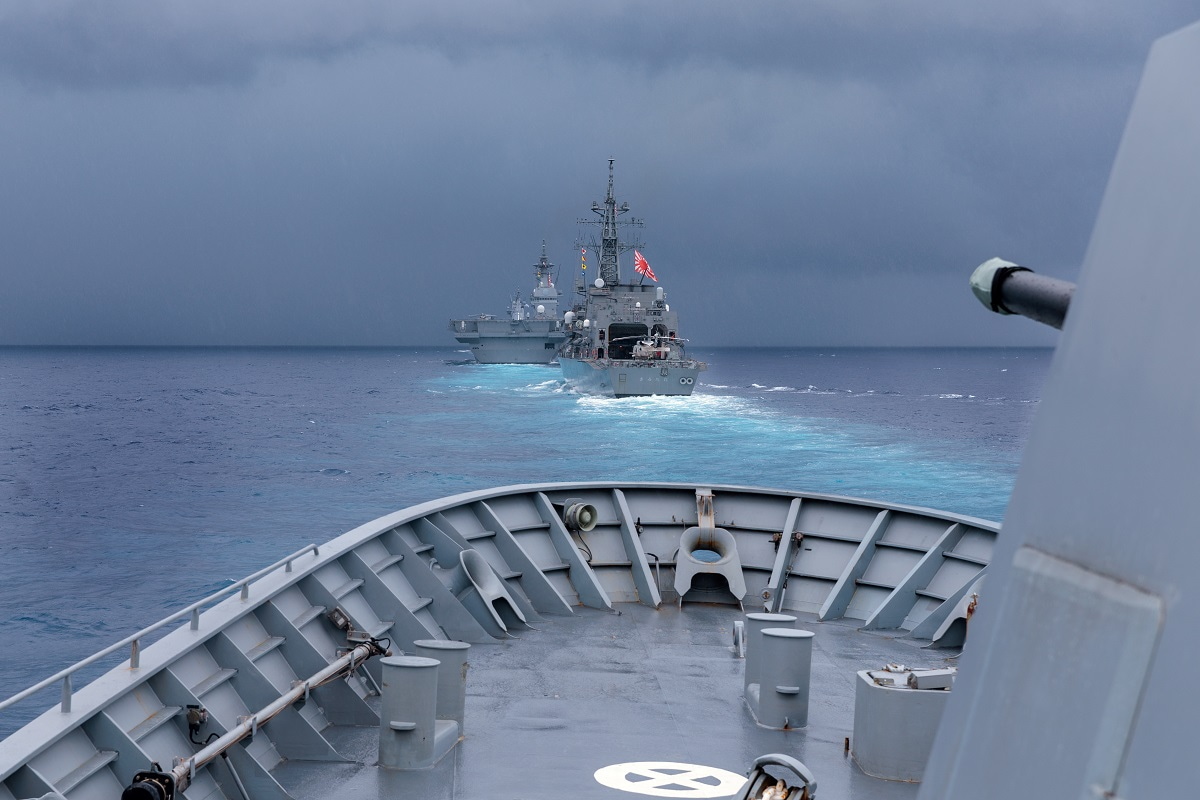Soft dollars
While the multiples of defence to aid and intelligence to diplomacy spending have received a lot of attention in recent years as they have relentlessly widened, another form of strategic spending by the federal government has largely flown under the radar.
Now, the growing flow of public money to an eclectic array of think tanks, university research institutions, and other non-government organisations is set to be analysed for the first time in a review commissioned by the Department of the Prime Minister and Cabinet (PM&C).
While the full scope and analytical depth of the audit remains unclear given its relatively tight timeframe, it will add to the unusually concentrated series of such exercises by the Albanese government of the country’s international relations infrastructure. They include the Defence Strategic Review, the development aid review, the review of diplomatic capability, and the intelligence agency review now under way. Only the trade arm of international relations has not yet been subject to a formal review, although it is going through a restructuring and has been impacted by the other reviews and industry policy changes as the government fashions an economic security policy.
Federal government funding of third-party institutions to analyse and shape the country’s strategic circumstances arguably dates back to the founding and funding of the Australian National University in the 1960s to increase expertise on Asia close to the seat of government. However, the galaxy of diverse, fully or partly government-funded institutions in this space that exist today perhaps owes more to the model created with the Australia–Japan Foundation in 1976. It was a government-funded but notionally independent body, which drew on a government-appointed board of mostly private sector members to foster more engagement with the country’s then biggest trading partner.
Spoilt for choice
The PM&C review will examine funding of “third-party organisations by Commonwealth agencies within Australia’s national security community aimed at informing public debate, providing expert input to policy processes, and/or strengthening partnerships relevant to Australia’s strategic circumstances.”
This has only raised questions about what constitutes a third-party organisation and what sort of activity is captured by the relatively broad definition that the activity only has to “relate to national security outcomes”.
But PM&C deputy secretary Lachlan Colquhoun told a Senate Estimates hearing last week that up to 100 of these institutions had been told they might be relevant to the review. And he revealed that the Department of Defence, which was a major funder of this sort of activity, was considering a review but PM&C had decided to make it wider in recognition of how many other agencies were now involved.

He defined the net as: “any agency, be it a think tank, a foundation or an academic institution that receives Commonwealth funding to do work on behalf of national security agencies to inform the policy debate or further other goals within the national security community”. But he said that while the review will be overseen by PM&C, it will be mostly funded by Defence, which might suggest it will have a narrower hard security focus.
However, scope of the exercise will also be shaped by its head, former Department of Foreign Affairs and Trade secretary Peter Varghese, who has been asked to complete it relatively quickly by the middle of the year, although he has the option of taking more time if needed.
Varghese brings a particular experience of being on both sides of this growing outsourcing of government security policymaking and outreach. Since leaving the funding side of the equation at DFAT, PM&C and the former Office of National Assessments in 2016, he has been University of Queensland Chancellor; a Board or Council member at institutions including Asialink and Asia Society Australia; head of a review of the University of Sydney US Studies Centre; and even a contributor to The Interpreter. His particularly lengthy 2018 report on economic engagement with India had a slow burn start amid the leadership turmoil in the last government but continues to influence policy thinking on India relations today.
Outsourcing statecraft
Defining the scope and approach of the review will presumably need to take account of two key macro-policy approaches that the Albanese government has embraced – whole-of-government statecraft in international relations and the winding back of outsourcing of traditional public service functions.
PM&C secretary Glyn Davis, who chose Varghese, would be familiar with government-funded university work on national security matters from his previous job as University of Melbourne vice-chancellor. But he has made reversing the outsourcing of public service policy development and service provision a key priority under the Albanese government. Indeed, before taking the job, he argued outsourcing had created “a vicious cycle – fewer policy analysts, so more need for external advice, more consulting reports, so less need for internal policy specialists”.
Meanwhile, even last year’s federal budget joined the Strategic Defence Review in backing a whole-of-government approach to national security via more joined-up statecraft raising questions about, for example, how much funding for economic security measures such as trade diversification might be seen as relating to national security outcomes.
The potential 100 institutions on Varghese’s starting list are likely to range from fully or substantially government-funded university centres to privately run bodies that tender to produce policy-oriented research, events, and even scholarships. Some receive funding from more than one government agency at the same time, some have long-term contracted funding, and others simply compete for individual one-off projects. Colquhoun played down the idea that this was a cost-cutting exercise but rather was about ensuring the processes for this quite diverse outsourcing were fit for purpose. Although he noted that there was a “possibility” Varghese could find efficiencies to be had or create guidelines, “which enable us to more effectively challenge the market”.
This territory was already partly traversed in a 2021 report from Parliament’s Joint Standing Committee on Foreign Affairs, Defence and Trade, which called for a whole-of-government strategy for funding foreign policy research that was more accessible to the community.
It said: “There is a pressing need for foreign policy research and engagement, both publicly and privately funded in Australia. The work of think tanks, universities, and government departments must be agile, responsive to policy needs, impartial, and free from foreign influence.” However, there has been no clear specific implementation of its recommendations, although some government initiatives do, in part, reflect them.
Meanwhile, PM&C has not made clear whether this new review will be made public. However, it would be ironic if an audit of external engagement on national security was not released to the external stakeholders when the defence, aid and intelligence reviews have all been, or will be, released in some form.
* Greg Earl has at different times benefited from this strategic funding via work for third-party institutions that may be subject to the review.

